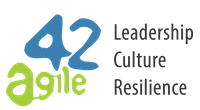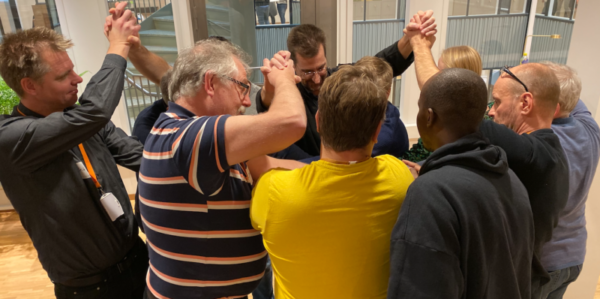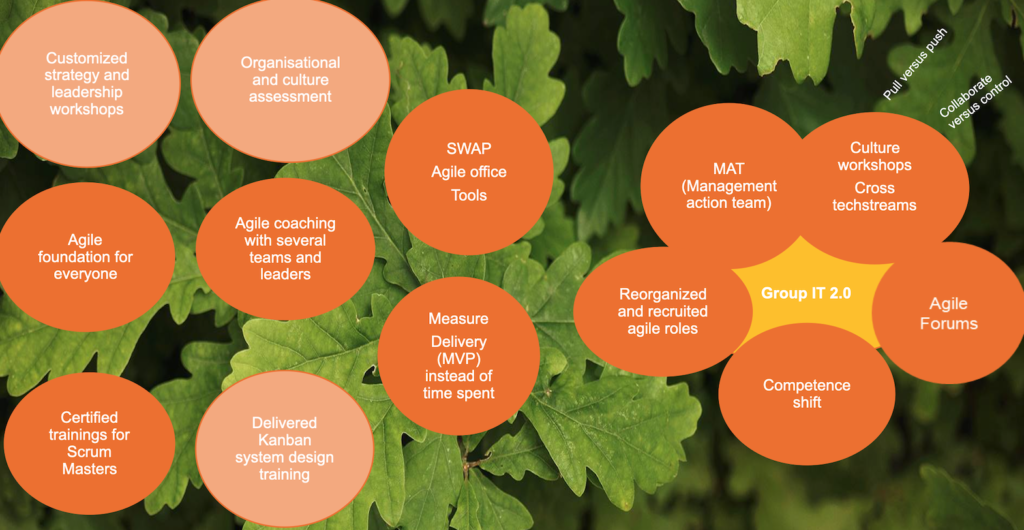Cultural Awareness and Coherence (ORGANIC agility Principle #1)
/by Martin von WeissenbergOn October 14, I held a webinar about the first principle of ORGANIC agility. Together with 50+ participants, we explored the importance of culture and various ways of making the culture visible both in theory and practice.
Culture is, briefly, “the way we do things around here”. It is the context of all activities within an organization and sets the norms for what behaviour is acceptable and what is not acceptable. It has a very strong influence on how people behave. And companies that are unaware of their culture, uninterested in what it means, or lacking the right tools, risk ending up with a culture that does not fit their strategy.
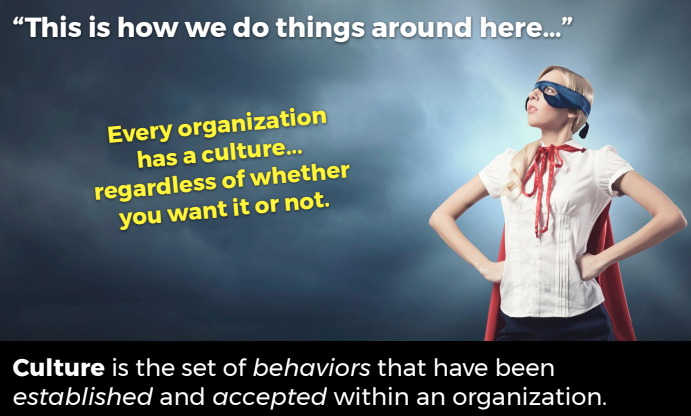
Culture also plays a very important role in determining how people react to change. If the culture is incoherent, people will find it difficult to agree on which way to go. They may also react to changes in wildly different ways.
What to do about it? It’s clear that culture is complex and can't be designed. We simply can't draw up an “ideal culture” and then deploy it. What we can do instead is measure what we have, and influence it to create more of a certain type of behaviour, and less of another. By running small safe-to-fail experiments, we can try out different approaches and see what works.
When measuring culture, we can choose from a large number of dimensions, including proactivity/reactivity, subordination, risk appetite, emotionality, masculinity/femininity, conflict resolution, power distance, etc. etc. As it turns out, the two most important dimensions — the ones with the strongest explanatory power — are outwards vs. inwards focus, and flexibility vs. control. They form the basis of the Competing Values Framework.
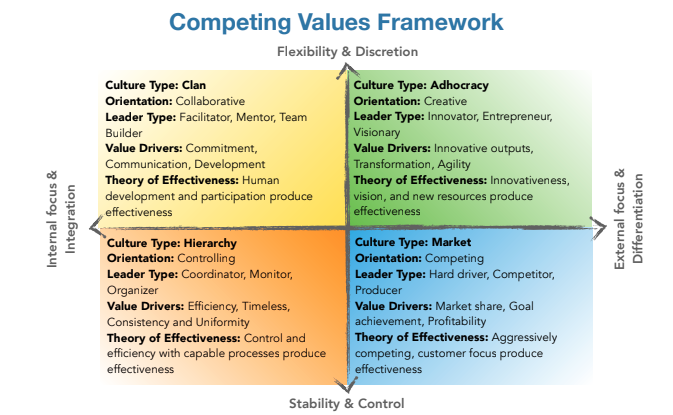
If you want to measure your culture in your organization, you can have a look at our Organizational Scan here.
A company would start by taking a baseline. A month or two of continuous sampling is typical, in order to even out temporary fluctuations. We then run the survey continuously, following the organisational culture in general but also tracking our pilot/experiment teams specifically. What happens over time? If the experiments are giving positive results, we should see the experiment teams migrate slowly in the desired direction.
Leadership styles are going to be particularly relevant to the change process. Subordinates slowly change their behavior to conform to the leadership style that is visible. Having a conscious approach to storytelling and an awareness of ritualized behavior can also support the change and provide some coherence.
Below you can find the slides from my presentation.
The recording is available online. You can watch it again or share it with your network as you see fit. It is also available on YouTube.
During the webinar, I referenced an article on organisational culture. I’ve found it valuable because it gives a decent overview of cultural dimensions.
- Kim S. Cameron and Deborah R. Ettington. The conceptual foundation of organizational culture. Working Paper #544, The University of Michigan, School of Business Administration, Ann Arbor, Michigan, March 1988.
We also mentioned the Cynefin framework by Dave Snowden which underpins the whole ORGANIC agility framework.
On November 16 @ 16:00 CET, my colleague Giuseppe will be continuing the webinar series with Principle #2 on decision making in context. Here is the link to that webinar, and we hope to see you there.
*Follow this link to view upcoming & past webinars on our website*
